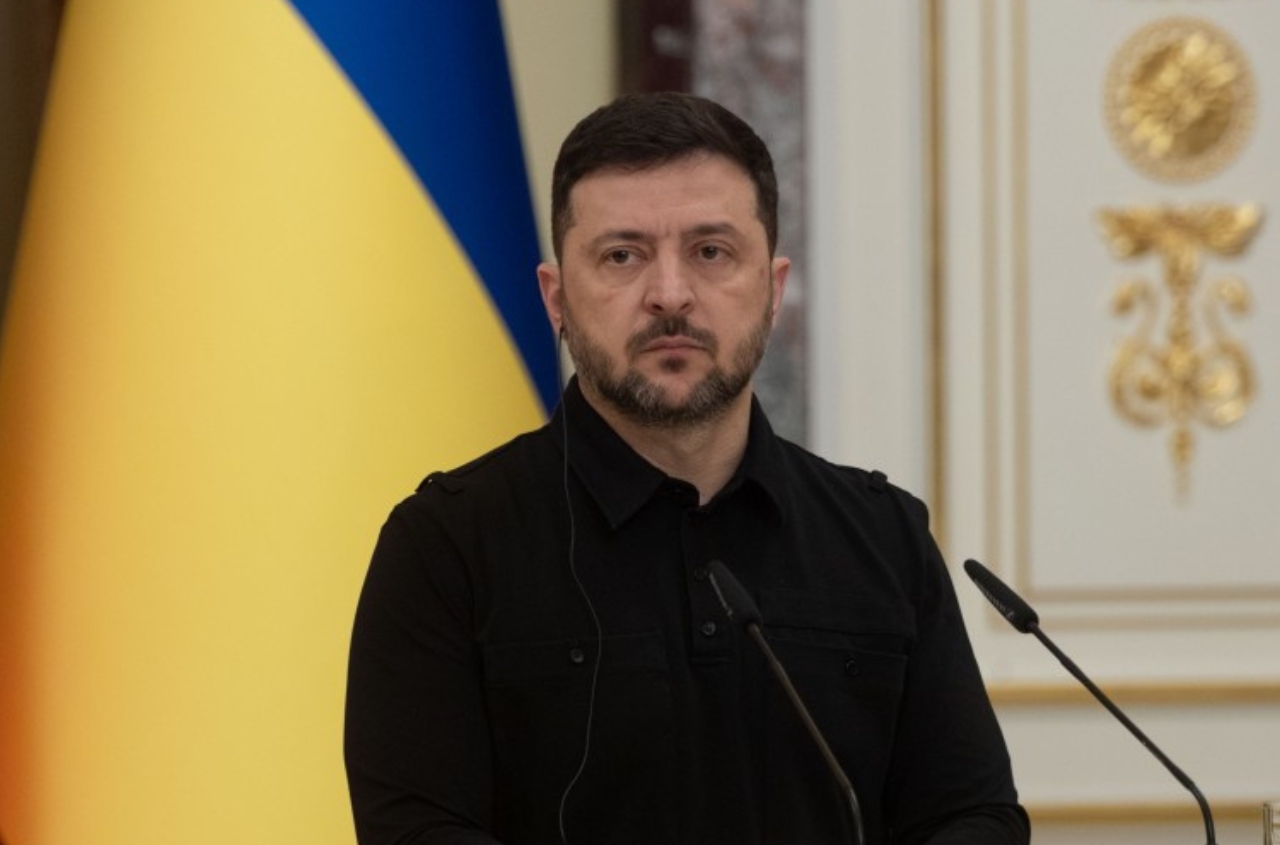Russian authorities continue to inflict torture on Ukrainian civilians and prisoners of war, which qualifies as war crimes, members of the Independent International Commission of the UN investigating violations in Ukraine stated in their latest report to the UN General Assembly.
"Based on the evidence gathered, it can be asserted that Russian authorities acted under a coordinated state policy of applying torture against Ukrainian civilians and prisoners of war, thereby committing a crime against humanity," said the Commission's chair, Erik Møse.
Earlier, the Commission established that the use of torture by Russian authorities is classified as a war crime. Additional cases of torture against Ukrainian civilians and POWs have confirmed its occurrence in all territories controlled by Russia in Ukraine and in detention facilities in the Russian Federation, which were subjects of the Commission's investigation.
In its previous reports, the Commission concluded that the practice of torture by Russian authorities was widespread. General patterns indicate a systematic nature of these actions and cover categories such as target groups, objectives, and methods of torture.
The Commission identified additional common elements related to the transfer of violent practices from detention facilities in the Russian Federation to similar establishments in the territories controlled by Russia in Ukraine.
Former prisoners consistently described the same brutal methods aimed at intimidation, suppression, humiliation, coercion, and punishment.
Evidence further demonstrates that Russian authorities engaged employees from various agencies and security bodies from the Russian Federation in different detention facilities located in the occupied territories of Ukraine. Employees of these agencies acted in a coordinated manner with a clear division of responsibilities during the torture.
Additionally, sexual violence as a form of torture, mostly against male prisoners, was a common occurrence in detention facilities under Russian control. One prisoner stated that he had been shocked with an electric taser on his genitals at least six times.
Victims and witnesses repeatedly mentioned the involvement of high-ranking officials from correctional institutions, as well as orders received by lower-ranking personnel. Many of these workers resorted to torture openly, with a clear sense of impunity.
Victims described physical pain and injuries with long-term or irreparable consequences, as well as significant psychological difficulties they face.
The Commission also found that in detention facilities under Russian control, there is a general lack or denial of medical assistance to prisoners who were injured, ill, or needed treatment after torture.
A Ukrainian serviceman told the Commission that after suffering a severe injury from an explosion, his requests for medical assistance were ignored. Due to delays in medical treatment, part of his foot had to be amputated.
The report emphasizes that the continuous massive attacks by Russia on Ukraine's energy infrastructure have led to blackouts affecting millions of civilians. These power outages, in particular, severely limited access to medical care and education, especially for children, the elderly, and individuals with disabilities or chronic illnesses. Victims reported feelings of stress, anxiety, and isolation.
The Commission continues to investigate attacks using explosive weapons that have harmed civilians and objects along the front line, including medical and cultural institutions protected by international law.
"We again emphasize the importance of holding those responsible accountable through judicial and extrajudicial means. Identifying individuals and prosecuting criminals is a key step in ending impunity and an essential part of delivering justice for victims," the Commission urged.





















